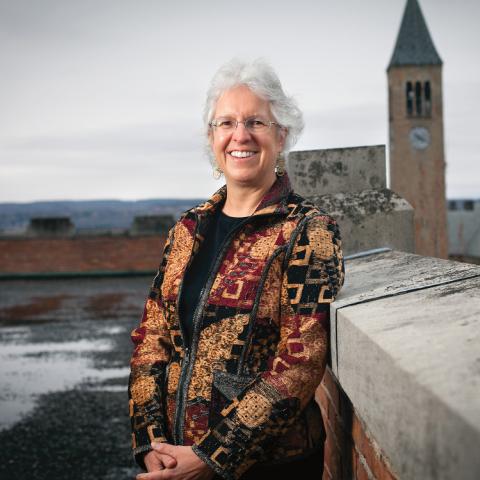Professors Emeriti
John P. Windmuller Professor of International and Comparative Labor Emeritus and Professor of Economics Emeritus
Gary Fields is the John P. Windmuller Professor of International and Comparative Labor and Professor of Economics. His work focuses on Labor Economics, Development Economics, and Public Economics. He is especially interested in the cases of Mexico, Argentina, and Venezuela.
Professor Emeritus, Maternal and Child Nutrition
Jere Haas is interested in the functional consequences of iron deficiency on physical and cognitive performance, emphasis on the effects of moderate iron deficiency on various aspects of physical performance and behavior in children and young women and how measures of performance relate to everyd











